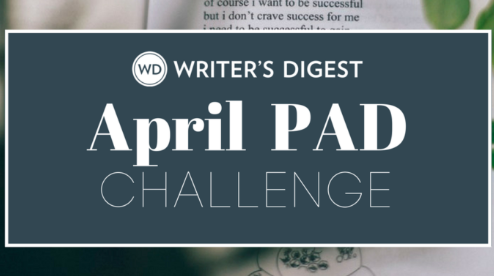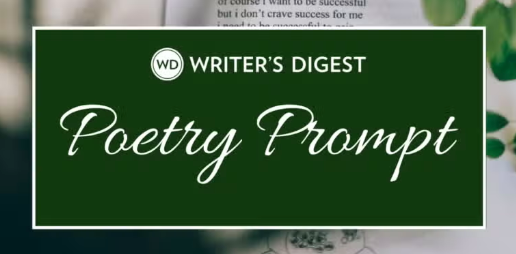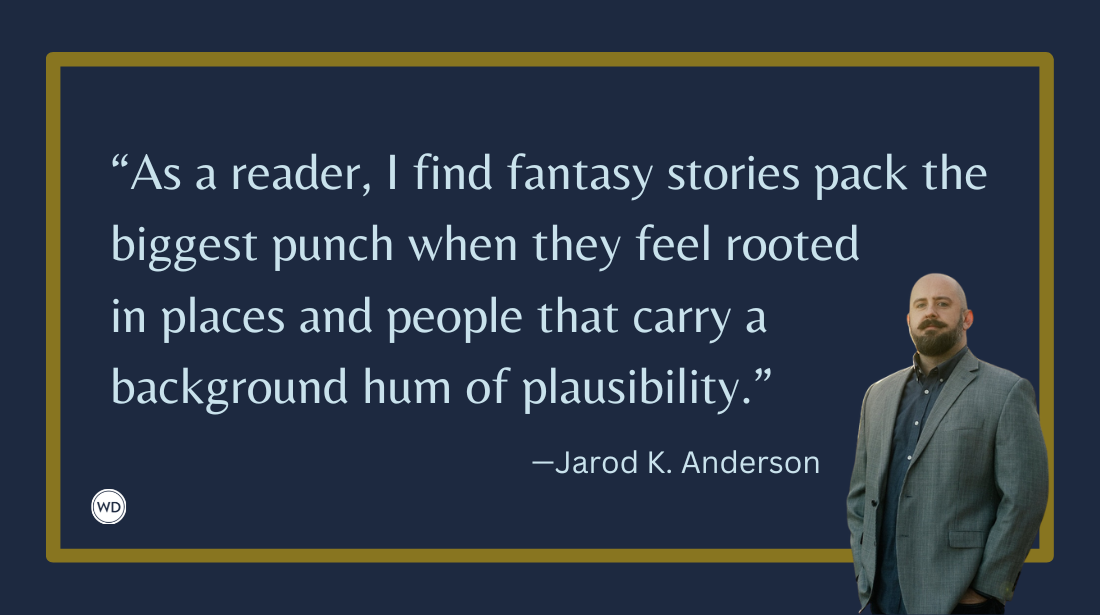WD Poetic Form Challenge: Quatern
A week ago, I explained the quatern. It’s a fun form that includes a refrain but not too many rules beyond that. (Click here to learn more about the quatern.)…
A week ago, I explained the quatern. It's a fun form that includes a refrain but not too many rules beyond that. (Click here to learn more about the quatern.)
Anyway, I thought the quatern would be a fun form for tackling another WD Poetic Form Challenge.
Anyone can participate by pasting their quatern(s) in the comments below. After the deadline (11:59 p.m., March 4, 2012, Atlanta GA time), I'll go through and select a winning poem, which will be used as an example of the form in a future copy of Writer's Digest magazine (I suspect it'll be the July/August issue).
Everything about these challenges are free. They're just a good way to have fun poeming and possibly get some national recognition in Writer's Digest!
*****
Follow me on Twitter @robertleebrewer and check out my personal My Name Is Not Bob blog.
*****
Check out the Writer's Digest VIP Program, which bundles a one-year subscription to Writer's Digest magazine, one-year subscription to WritersMarket.com, a top-selling writing webinar, and more!






